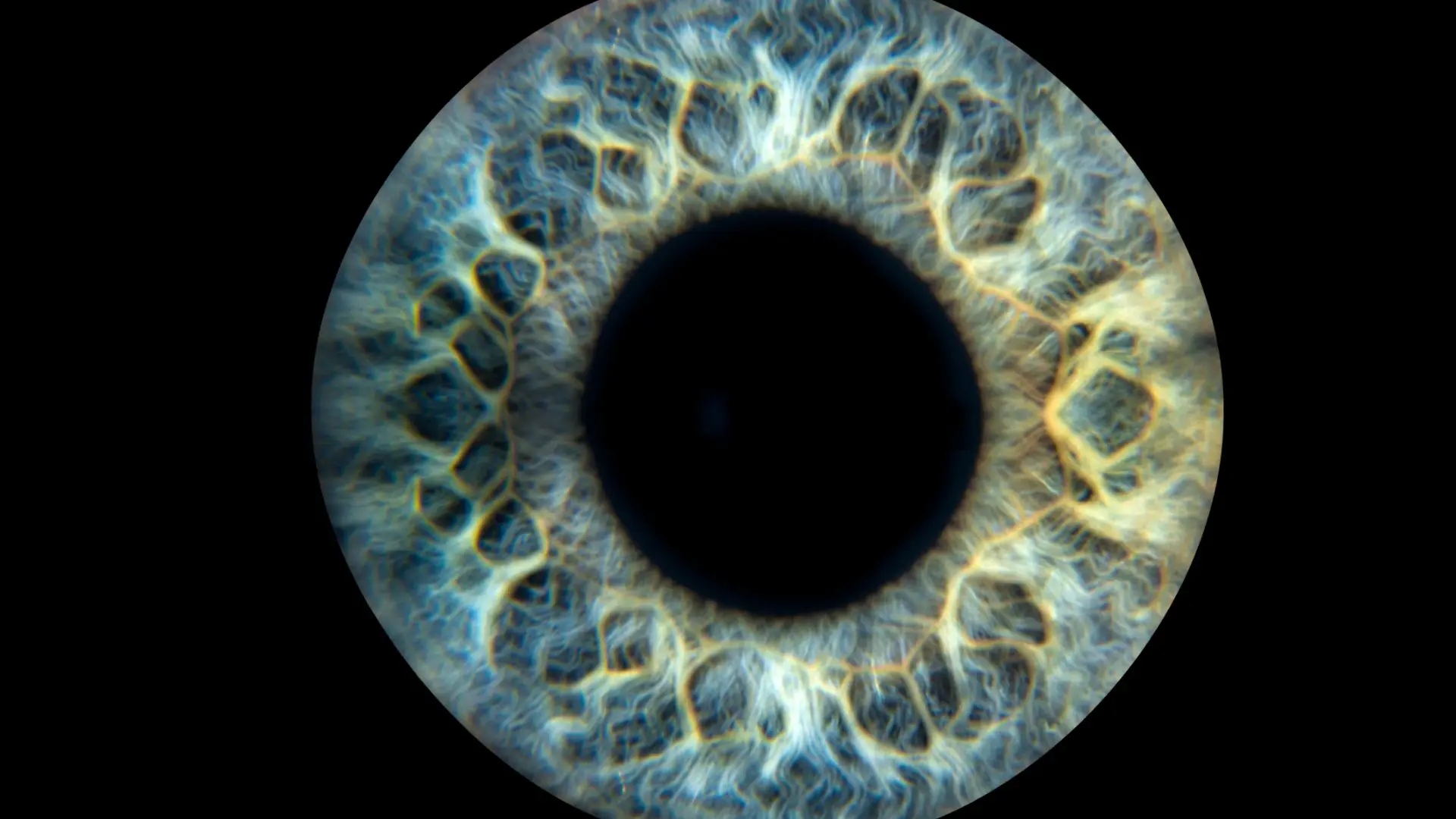
- Uncategorised

- News
Epiretinal Membrane Treatment – Understanding the Condition and Your Options
An epiretinal membrane (ERM) is a thin layer of scar tissue that forms over the macula, the central part of the retina responsible for seeing fine detail.
Sometimes referred to as cellophane maculopathy or macular pucker, this membrane can contract and lead to distorted central vision, blurred vision, or even double vision.
In such cases where your vision is being impacted greatly, epiretinal membrane treatment may be a good choice.
At Laser Vision, our laser treatment for epiretinal membrane, performed by our specialists, is to help with high levels of distortion or blurred vision, which requires laser treatment using fine instruments to perform a vitrectomy operation if necessary.
To book your first consultation, click here or call 0808 304 5174 today, and find out if you might develop ERM, how it may affect vision, or any other queries you may have about the epiretinal membrane or surgery.
What Causes an Epiretinal Membrane?
The most common causes of epiretinal membranes include:
- Posterior vitreous detachment – the jelly-like substance (vitreous gel) pulls away from the retina
- Retinal tears or retinal detachment
- Inflammation inside the eye
- Damage to retinal blood vessels
- Previous eye surgery
Though most epiretinal membranes are related to age, certain risk factors, such as retinal detachment or trauma, may lead to an ERM forming on the surface of the retina.
Symptoms of an Epiretinal Membrane
Many patients are unaware they have an ERM until vision problems arise. Common symptoms include:
- Distorted vision, especially of straight lines
- Blurred central vision
- Difficulty reading small print
- Reduced ability to see fine detail
- Vision loss in the affected eye
- Redness or irritation (vision increasing redness) in some cases
While epiretinal membrane commonly only impacts one eye, there are cases of it spreading to the other eye when not treated. Even if surgery isn’t required, getting advice from a specialist and understanding what symptoms to look out for can be really helpful.
Diagnosing an Epiretinal Membrane
Diagnosis is usually confirmed with an OCT scan (Optical Coherence Tomography), which provides high-resolution images of the retina. Your doctor may recommend epiretinal membrane treatment based on your vision loss and how much the macula is affected.
Epiretinal Membrane Treatment Options
In many cases, no immediate treatment is necessary, especially if the distortion is mild. You’ll be monitored with regular check-ups and possibly advised to take nutritional supplements to support eye health.
If symptoms progress, your consultant ophthalmologist may recommend surgery – YAG Vitreolysis is a very good option for this.
Epiretinal Membrane Surgery: What to Expect
The most effective treatment for a symptomatic ERM is an operation called a vitrectomy.
Vitrectomy Surgery Process
- Carried out under local anaesthetic or general anaesthetic
- Involves making tiny cuts or small incisions in the back of the eye
- Removes the vitreous gel
- The membrane is then carefully lifted using fine forceps, in a procedure called epiretinal membrane surgery
- In some cases, a gas bubble may be used to support the retina
Your eye surgeon will gently peel the membrane from the surface of the retina, often removing scar tissue to reduce distortion and visual loss.
Recovery and Aftercare
- Vision may improve over up to eight weeks
- Use eye drops to reduce inflammation and prevent infection
- Regular brushing and general eye care are essential post-surgery
- Avoid heavy lifting or strenuous activity for a few weeks
What Are the Risks?
As with all eye surgery, complications can occur:
- Risk of infection
- Temporary or permanent vision loss
- Retinal detachment
- Persistent distortion
Still, most patients experience significant improvement in their vision, particularly in reducing distorted central vision and restoring their ability to see fine detail.
Book Your Consultation
If you’ve noticed changes in your vision or been diagnosed with an epiretinal membrane, contact Laser Vision today. Our team will determine whether you’re a candidate for epiretinal membrane surgery and walk you through the treatment process with professionalism and care.
To contact Laser Vision, click here or call 0808 304 5174, so we can help you before you develop ERM.

Reviews








